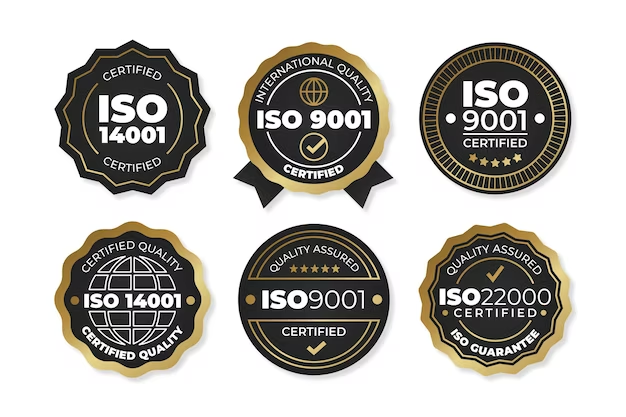
Are you getting ready to be certified to ISO 9001? Are you unsure about what the standard means for your company? By 2023, more than 2 million global organisations will have received certification that they are in compliance with ISO 9001:2015’s standards.
The fundamental baseline set of specifications for contemporary quality management is in the ISO 9001:2015 standard for quality management systems. If your organisation complies with ISO 9001, you will be well-positioned to meet any specialised, additional industry quality criteria.
The International Organisation for Standardisation (ISO) created the international standard ISO 9001:2015, which describes how to set up and maintain a quality management system.
In doing so, ISO 9001 offers a structure and a set of guidelines your business may adhere to to ensure your goods and services constantly satisfy customers and increase their satisfaction.
ISO 9001
The ISO 9001:2015 standard takes a process-oriented approach to quality management, focusing on knowing and exceeding your customers’ expectations. It also emphasises setting defined quality targets and constantly using those objectives to improve your operations and performance.
Regardless of their size, sector, or location, organisations can follow the requirements it lays forth for a quality management system.
There are four primary principles that ISO 9001 upholds.
Implementing A Quality Management System As A Tactical Instrument For The Organisation
- Continually deliver goods and services in compliance with legal, legislative, and regulatory standards.
- Display adherence to the defined QMS requirements.
- Consider ways to improve customer happiness.
- Discuss the possibilities and hazards related to your company’s context, goals, and strategic direction.
Principles of quality management are incorporated:
- Putting The Customer First
- People’s Engagement With Leadership
- Process Strategy
- Ongoing Development
- Decision-Making Based On Facts
- A Risk-Based Approach
Putting The Process Method Into Practice
Using the Plan-Do-Check-Act cycle for interacting, repetitive processes
Associated Standards For Other Management Systems:
- Annexe SL: For uniformity
- Complies with additional ISO requirements for improved integration.
Gains From ISO 9001 Certification
Adherence to ISO 9001 has several significant advantages for your company, which includes:
- Making quality and ongoing improvement a priority for your company.
- Organising your company around standardised, repeatable procedures.
- Assuring leadership dedication to excellence.
- Taking advantage of possibilities for progress while also managing hazards.
- Creating a governance and quality tool for the entire company.
- Increasing revenue and customer happiness will reduce churn.
- Establishing a comprehensive regulatory strategy through Annex SL as a launching pad for additional adherence to other quality criteria.
Compliance With ISO 9001 Demonstrates That Your Business Is Well-Operated
Your processes are under your control. You have planned and managed your risks. You continuously evaluate and improve your working methods to maximise client satisfaction with your goods and services.
Compliance naturally leads to leaner and more effective working methods that can save thousands, or even hundreds of thousands of dollars, because your ISO 9001 QMS reduces risks and wastage.
Success Over The Long Term With ISO 9001
The journey towards quality within your organisation begins with ISO 9001. Your route to a stronger, leaner, sharper, and more competitive business is an efficient QMS designed in accordance with the 9001 model.
Numerous companies worldwide have obtained ISO 9001 certification as proof of their commitment to their clients and the upkeep of an effective QMS.
Featured Image Source : https://img.freepik.com/free-vector/iso-certification-badge-collection_23-2148698373.jpg?size=626&ext=jpg&ga=GA1.2.1173742830.1671113603&semt=ais



